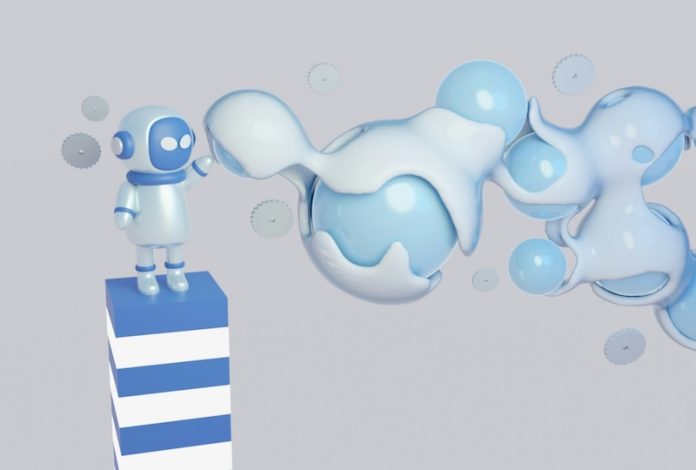
In a new development, scientists are using generative artificial intelligence (GenAI) platforms, akin to the capabilities of ChatGPT and Midjourney, to pioneer new frontiers in drug design.
This innovation could transform the pharmaceutical industry, making the discovery of new drugs faster, more efficient, and significantly less expensive.
At the heart of this revolution is a team from Chapman University in Orange, California, who have taken inspiration from the widespread popularity and capabilities of GenAI.
They have introduced a model that could potentially streamline the drug design process, traditionally known for being labor-intensive, time-consuming, and costly.
Their study, published in the journal Pharmaceuticals, outlines a GenAI model that marries the Encoder-Decoder Transformer architecture with Reinforcement Learning via Monte Carlo Tree Search (RL-MCTS).
This hybrid approach represents a significant leap forward in the fields of bioinformatics and cheminformatics.
Named “drugAI,” this platform is capable of generating novel molecular structures de novo, or from scratch. It learns from a vast dataset of existing chemical compounds, their interactions with target proteins, and the general principles governing chemical structures and properties.
By inputting a target protein sequence, drugAI can not only create unique molecules but also refine them to ensure they exhibit strong binding affinities to the target—key for the efficacy of potential drugs.
What sets drugAI apart is its ability to produce 50-100 new molecules likely to inhibit target proteins, paving the way for discovering treatments for various diseases.
This model has demonstrated remarkable success, generating molecules with a 100% validity rate, meaning they were entirely new and not previously part of the training dataset.
Moreover, the candidate drugs designed by drugAI showed superior drug-likeness—indicating their similarity to oral drugs—and exhibited strong binding affinities comparable to or better than those identified through traditional methods.
This is a crucial measure of a compound’s potential as a successful oral medication.
In a specific test against COVID-19, drugAI’s prowess was further highlighted. It generated novel drugs targeting COVID-19 proteins and compared these to natural products known to inhibit the same proteins.
The comparison showed that drugAI’s candidates matched or surpassed the natural molecules in terms of drug-likeness and binding affinity, yet were discovered in a fraction of the time and at lower cost.
This GenAI model stands not just as a proof of concept but as a beacon for the future of drug discovery.
Its flexible structure allows for the integration of new functions, ensuring that future researchers can refine drug candidates further, increasing the likelihood of successful drug development.
The implications of this technology are profound. By drastically reducing the resources required to identify viable drug candidates, drugAI could accelerate the pace of medical innovation, making treatments for a wide range of diseases more accessible and affordable.
The team at Chapman University is rightly excited about the potential of their creation, marking a significant milestone in the journey toward harnessing AI for the betterment of human health.
If you care about medicine, please read studies that vitamin D could help lower the risk of autoimmune diseases, and drug for inflammation may stop spread of cancer.
For more information about medicine, please see recent studies about which drug can harm your liver most, and results showing this drug can give your immune system a double boost against cancer.
The research findings can be found in Pharmaceuticals.
Copyright © 2024 Knowridge Science Report. All rights reserved.



